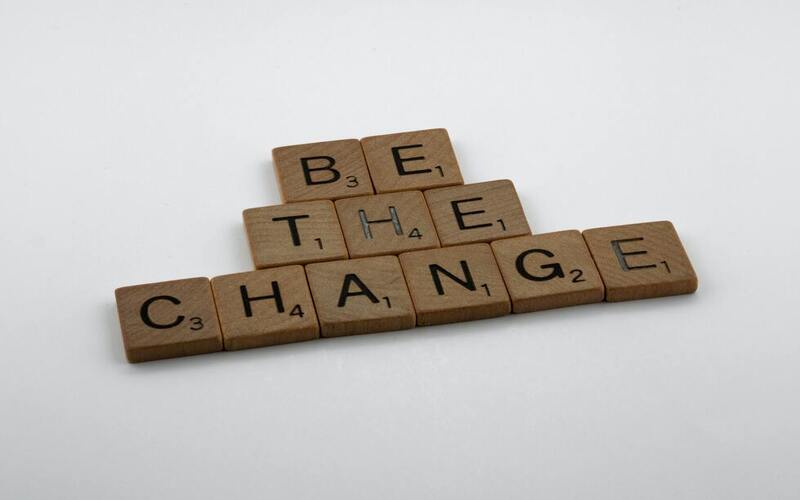What really needs to change to make the cannabis space more equitable for all people?
At Cannabis & Tech Today, we’ve been listening to professionals in different facets of the industry: cannabis law, diversity in hiring, and social equity organizations, to understand the problem and discuss solutions.
During the Fall Emerge 2020 Virtual Cannabis Conference & Expo, we explored the many areas of the industry in need of change and found many speakers reflected similar sentiments over the issues within the cannabis industry and community.
While cannabis continues to blossom into a multimillion-dollar industry, there are still certain demographics persecuted for cannabis-related offenses.
This persecution is reflected in the industry, as those with prior convictions are often blocked from working in the space or even making purchases.
The speakers highlighted below have been campaigning for reform, working to ensure the demographics of the industry are reflective of the communities from which it arose.
Ru Johnson
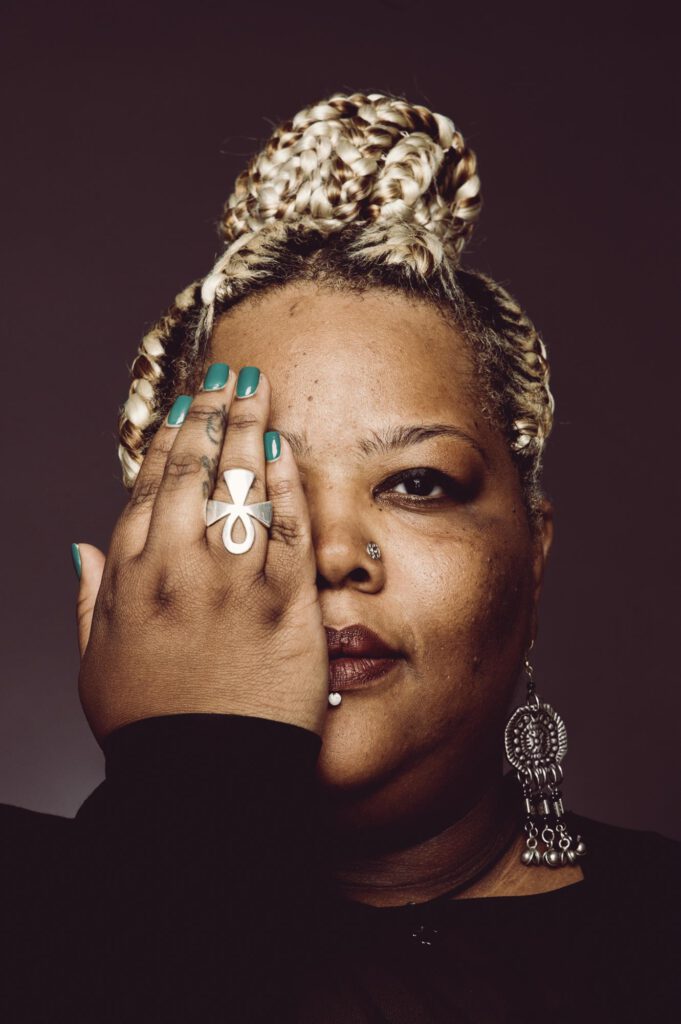
Johnson is part of Roux Black, a creative consulting firm in downtown Denver that focuses on music and entertainment, politics, booking, and development.
Musicians and cannabis have always been together. Regarding the coming relief album compilations being created meant to help make a change within the community, Johnson explained:
“I mean conversations around social justice uprisings are always taking place at the dance halls or the casbahs or all these places where musicians and artists congregate and come together. I always say that music and cannabis are first cousins.
“The decriminalization of the plant and of the usage of the plant is such a big part of the conversation that we have to still have which of course means the greater conversation of racial injustice that takes place in this country in general. The oppressed part of any of us is the oppressed part of all of us, right? So when you say create a social impact, what does it mean to make real change?”
Mikelina Belaineh
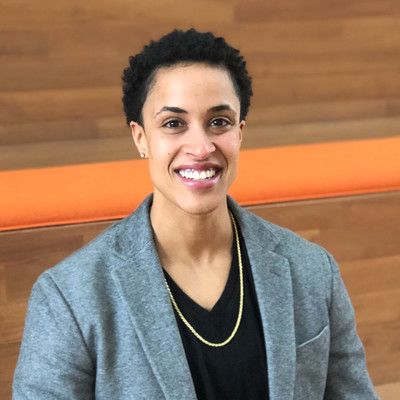
Law graduate Belaineh works for The Last Prisoner Project as the Director of Criminal Justice and is passionate about their work.
When asked about the issue of re-entry after incarceration due to cannabis-related offenses:
“Re-entry, in and of itself, it’s meant to be a losing battle. It has all these collateral consequences and barriers we are fighting to try to overcome. What [The Last Prisoner Project is] doing is trying to focus on the employment research across the board, whether it is data qualitative, anecdotal, my own experience, like working in reentry services on the ground, is that employment is key and critical to successful reentry.”
Their work with The Last Prisoner Project also deals with social equity. On the topic of such and the blatant gap in the diversity of the community, Belaineh explained:
“The fact that cannabis is literally creating generational wealth for white America and it is continuing to create generational harm and trauma to Black and brown communities. These two things are existing in what we would like to be a just society, but it can’t be a just society if those two things still exist. There’s a moral imperative piece to this employment thing where if you’re in the industry, and you’re making a profit it just makes sense to bring the folks into the fold who have been incarcerated and traumatized for doing the exact same thing.”
Hirsh Jain
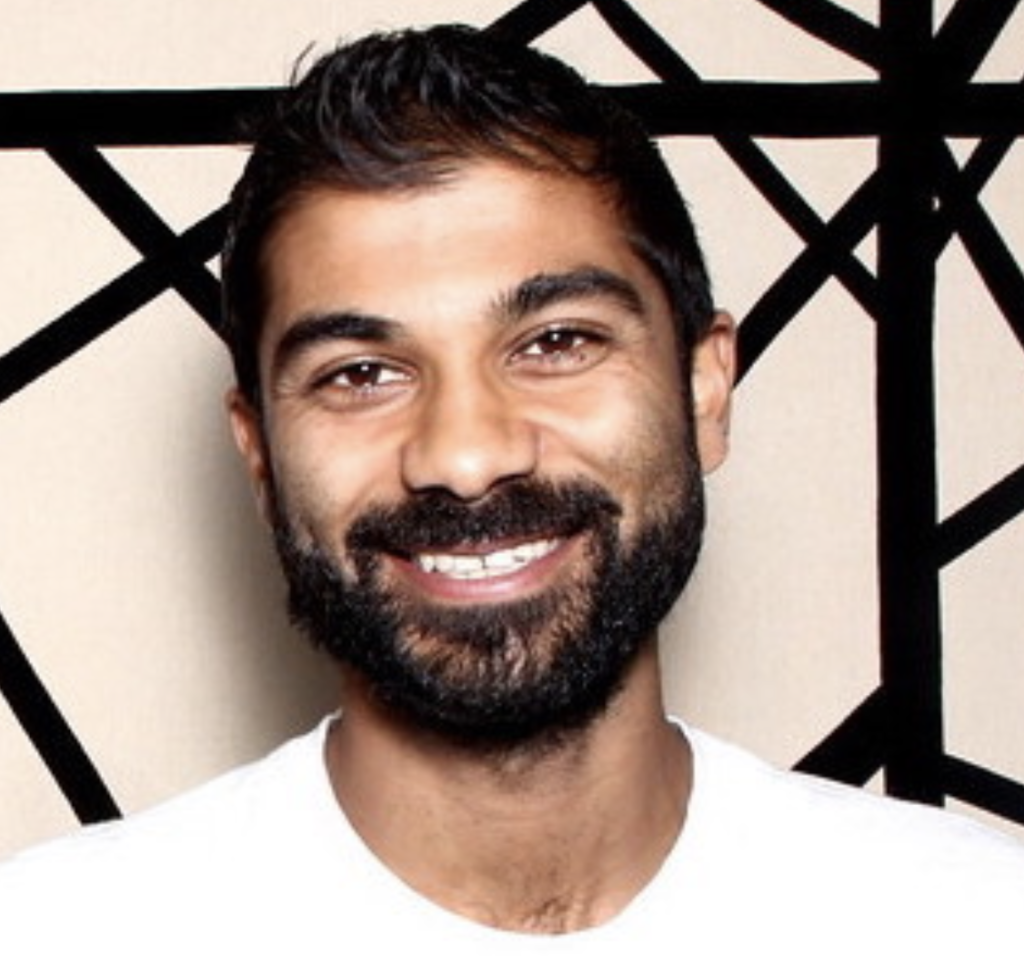
Jain is the Director of Government Affairs at Caliva, a vertically-integrated cannabis company based in California. While he is a lawyer, his primary role in the company is to ensure adherence to new laws and regulations.
When faced with the question of whether there is sufficient diverse representation among lawyers who work in the cannabis industry, Jain says:
“The impact of cannabis arrests is felt by certain communities. I don’t know if I would say it’s sufficient but in my anecdotal experience lawyers representing the cannabis industry are more diverse than the industry itself. I think many of us are familiar with the tremendous amount of work that has to be done when it comes to diversifying the industry. I think, obviously, in part that it is a function of historical criminal justice policies, a function of the fact that it costs millions of dollars to start a cannabis business, and there is a huge wealth gap in this country.”
Malia Anderson
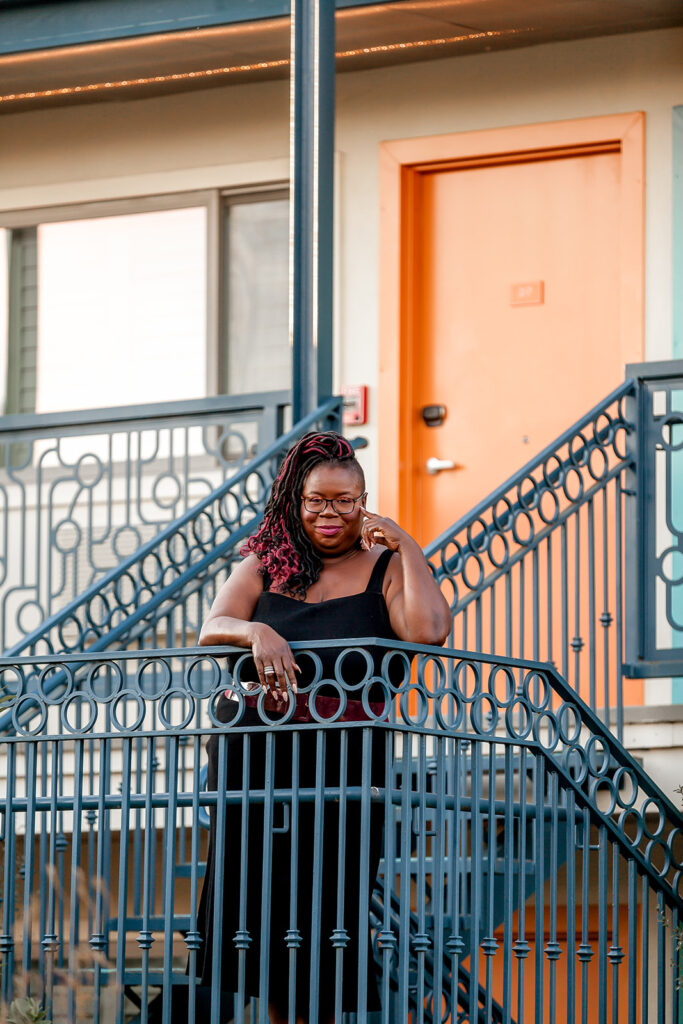
Anderson is the founder of Ladylike 420, an influencer collective that educates and entertains people with a focus on changing the perception of who cannabis users are and why they use cannabis.
On why she got into cannabis and cannabis advocacy, Anderson explained some common hardships she experienced first-hand:
“When my dad had liver cancer and I had a medical condition that came on urgently, cannabis was absolutely a part of our medical care. I started researching and got into the advocacy side of social equity because my dad has been in the cannabis industry, or I’m sorry, my dad’s been the “weed man” for almost 50 years. He spent almost 25 years on parole or probation for cannabis-related crime and he had no legal way into legal cannabis. There is no way for him to be a part of it.”
Anderson’s father’s story is not an uncommon one. The cannabis industry is not accessible to those who have had prior offenses relating to cannabis.
Tae Darnell
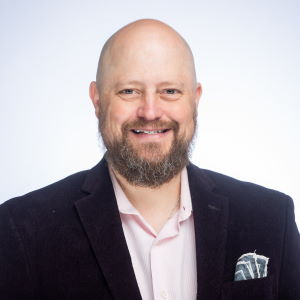
Darnell has been making an impact for most of this life. He is currently working as a lawyer.
On why the cannabis industry’s demographics are so skewed and what laws have to do with it, Darnell explained:
“When you look at the statistics underneath [drug arrests], although the population representation is 13% African American, 26% of the arrests were of African Americans so I think we’re seeing socially how the war on drugs and its fallacy had on an impact on society.”
When asked about how and why to spread awareness, Darnell says:
“I really saw an opportunity to use media as a vehicle to bring people together, to use media as a vehicle to unite an industry like cannabis and things that spread across the social spectrum. To me, the biggest and first point of emphasis needs to be its impact on the criminal industrial complex. It is a for-profit mechanism.”

